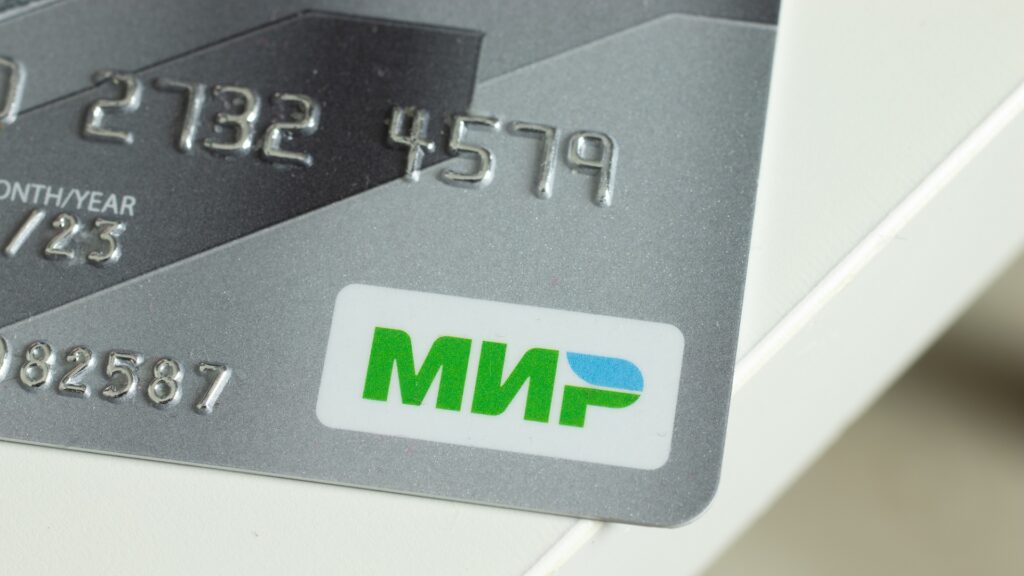In a recent announcement, Kyrgyzstan's Minister of Economy and Commerce, Daniyar Amangeldiev, revealed efforts to restore the service of Mir cards, a popular Russian payment system, despite ongoing international sanctions. Speaking to TASS at the Innoprom exhibition in Yekaterinburg, Amangeldiev indicated that the republic is exploring innovative approaches to reintegrate Russian cards into its financial system, with a potential solution being a locally developed software product.

Innovative Solutions for Financial Stability
Amangeldiev disclosed that the country's Interbank Processing Center (IPC) is actively developing proprietary software to facilitate the acceptance of Mir cards.
"Today, our Interbank Processing Center (IPC) is developing its own [software] product. I think that as soon as we complete this process, it [the IPC] will certainly resume its work,"
he stated. This move reflects Kyrgyzstan's commitment to overcoming technological and political obstacles to maintain financial interoperability with Russia.
Impact of International Sanctions
The discontinuation of Mir card services in Kyrgyzstan initially occurred in response to requests from European partners, who expressed concerns over potential risks to the national payment system, Elcart. The Minister emphasized that the software currently employed by Elcart, provided by European developers, could be compromised if Elcart continued to work with Mir cards. Consequently, Elcart suspended Mir card services on April 3, 2024, to mitigate the risk of secondary sanctions. Prime Minister Akylbek Japarov also highlighted the external pressures from software developers and assured the public that the government is considering various mechanisms to resolve the issue.
Broader Regional Context
The sanctions against the National Payment Card System (NSCP), the operator of the Mir payment system, were imposed by the United States in February. This led to a ripple effect across the region, with Kazakhstan’s Freedom Bank and Halyk Bank ceasing to service Mir cards. By the end of March, nearly all banks in Armenia had also stopped accepting these cards. This trend had already begun in the fall of 2022, following sanctions against the head of NSPK, Vladimir Komlev. Uzbekistan’s Uzcard similarly suspended Mir card services, citing technical issues, but allowed exceptions for co-branded cards.
Comments (0)